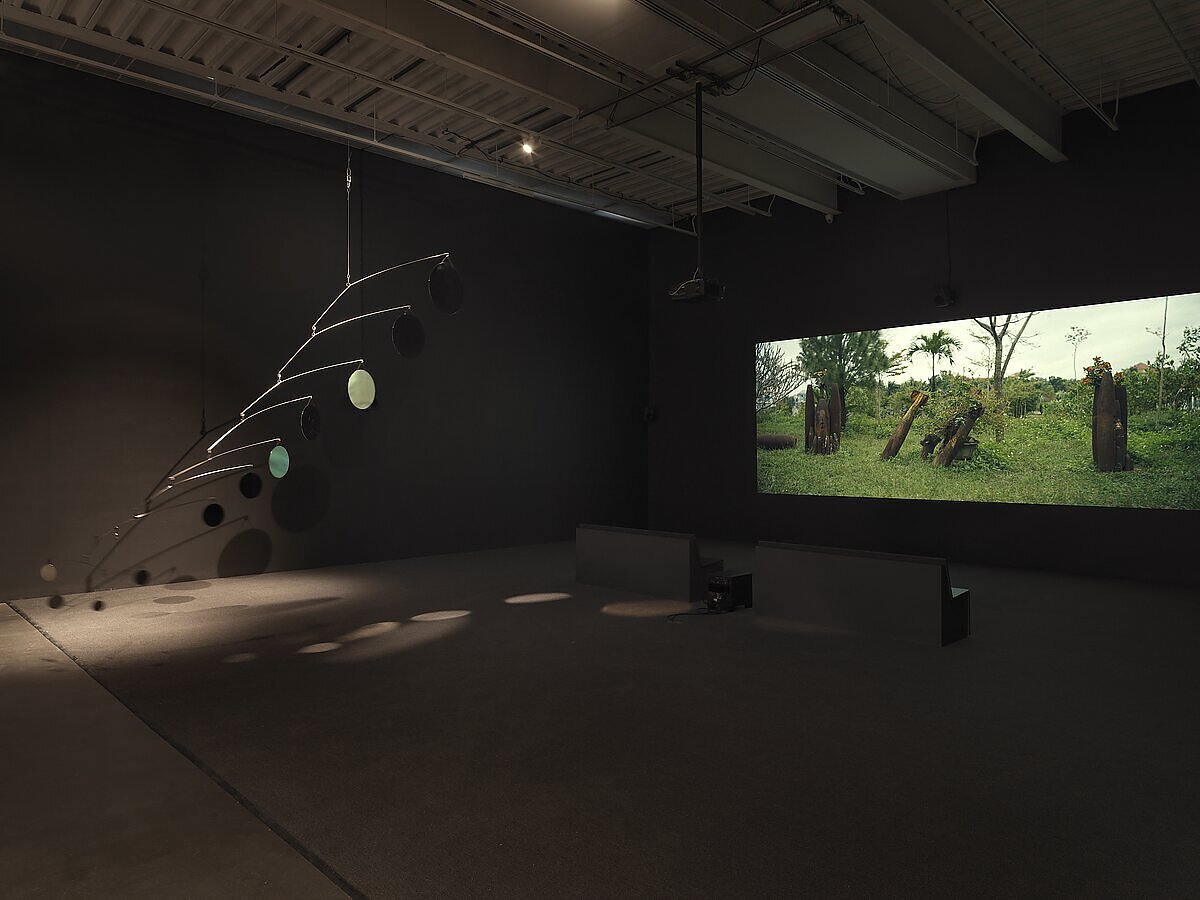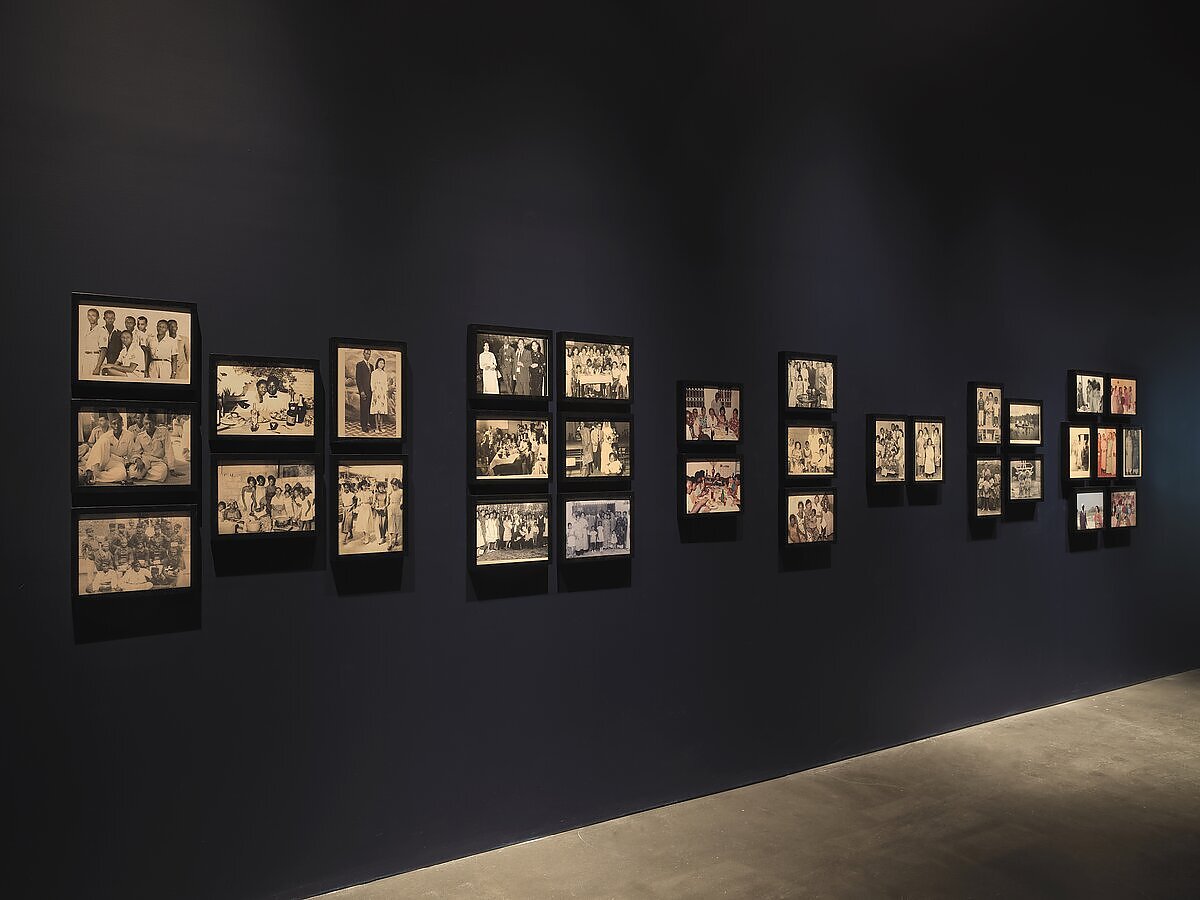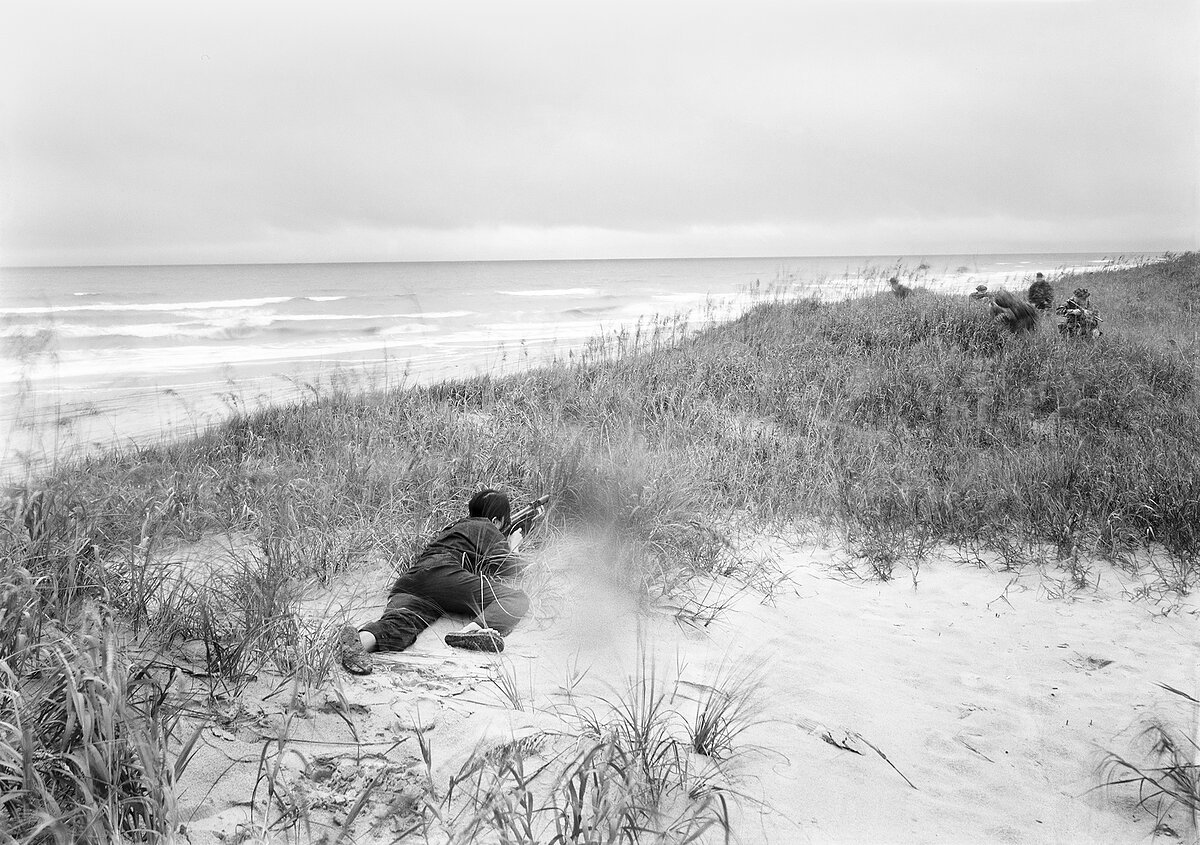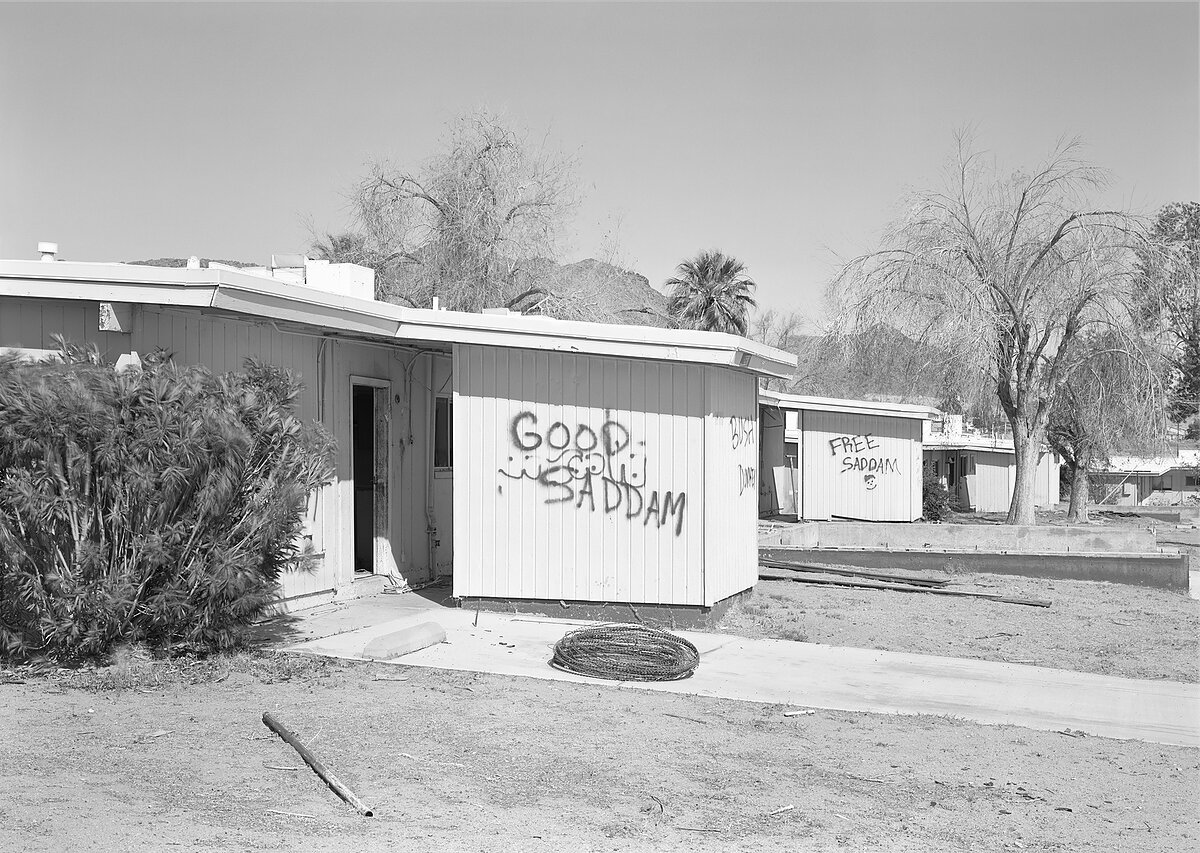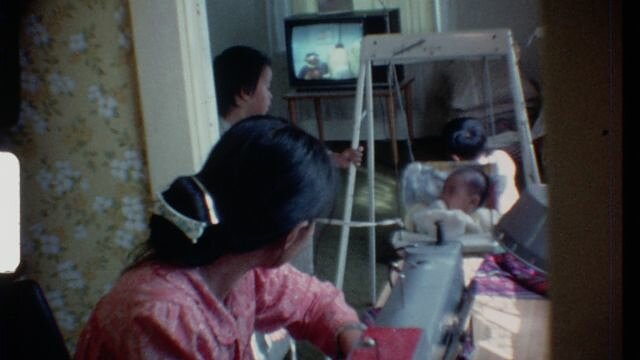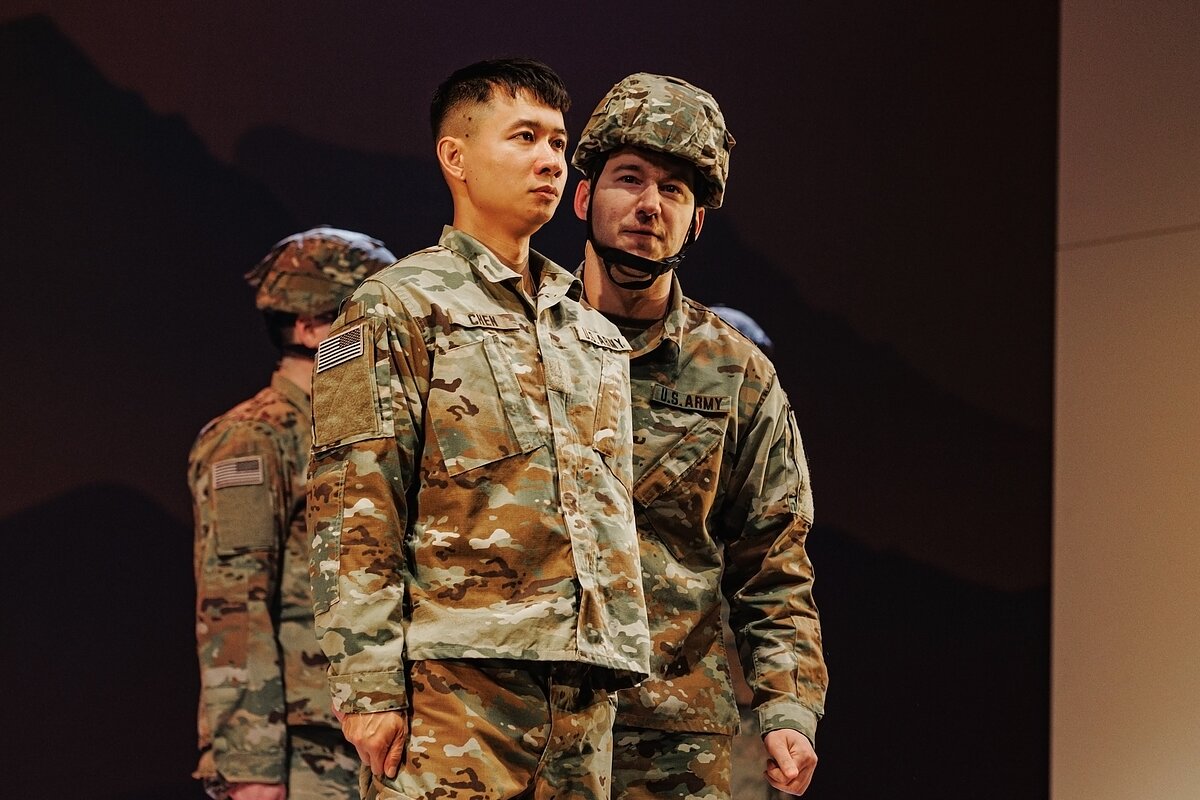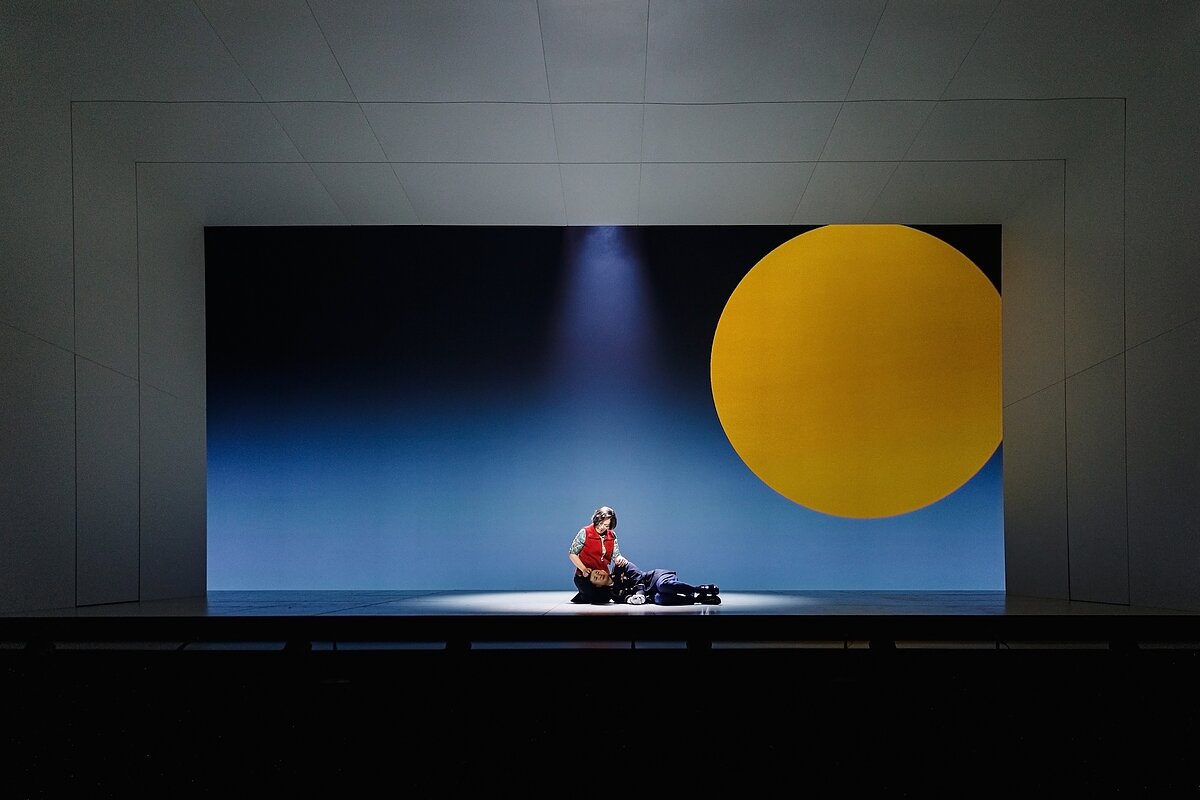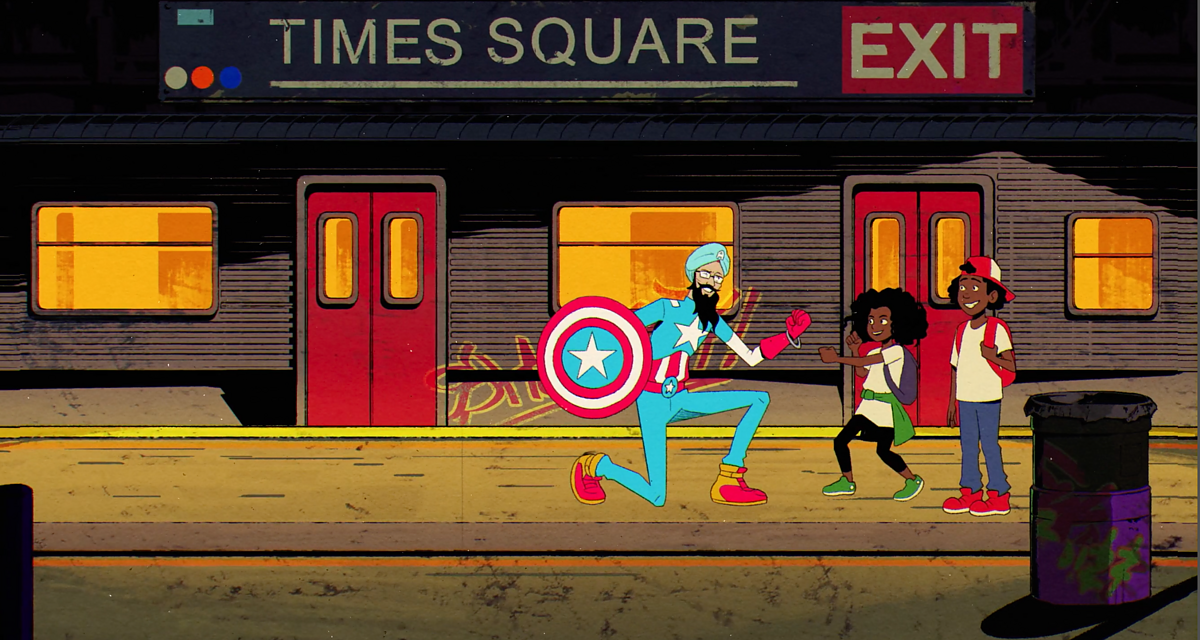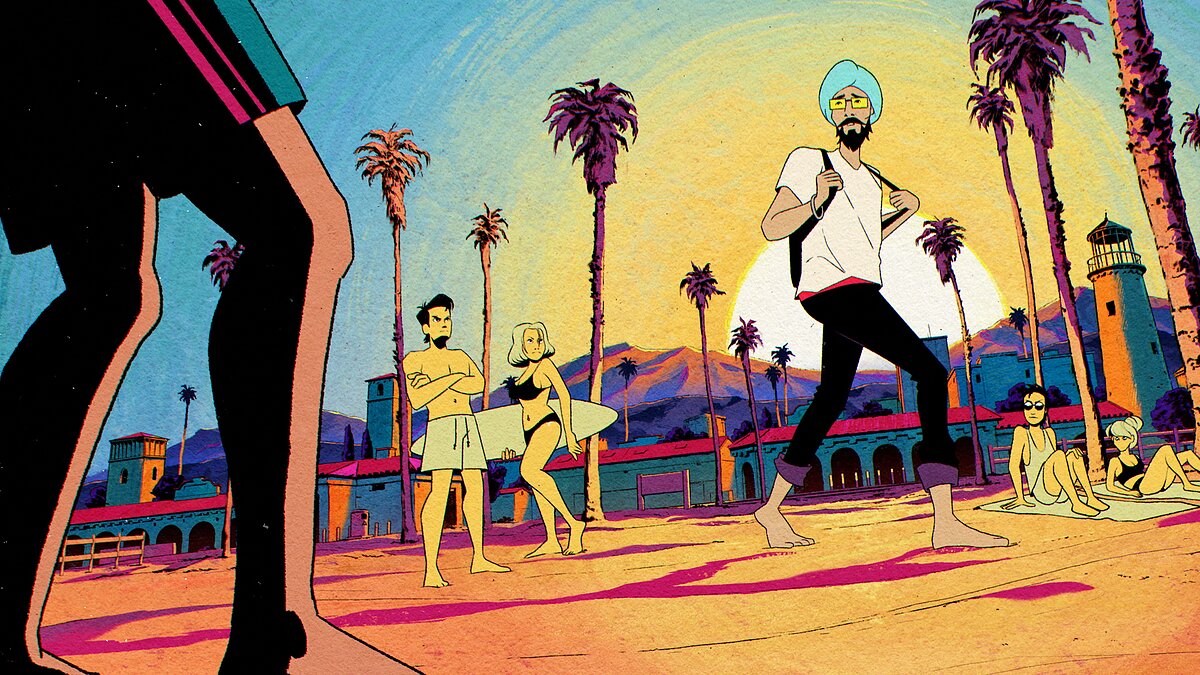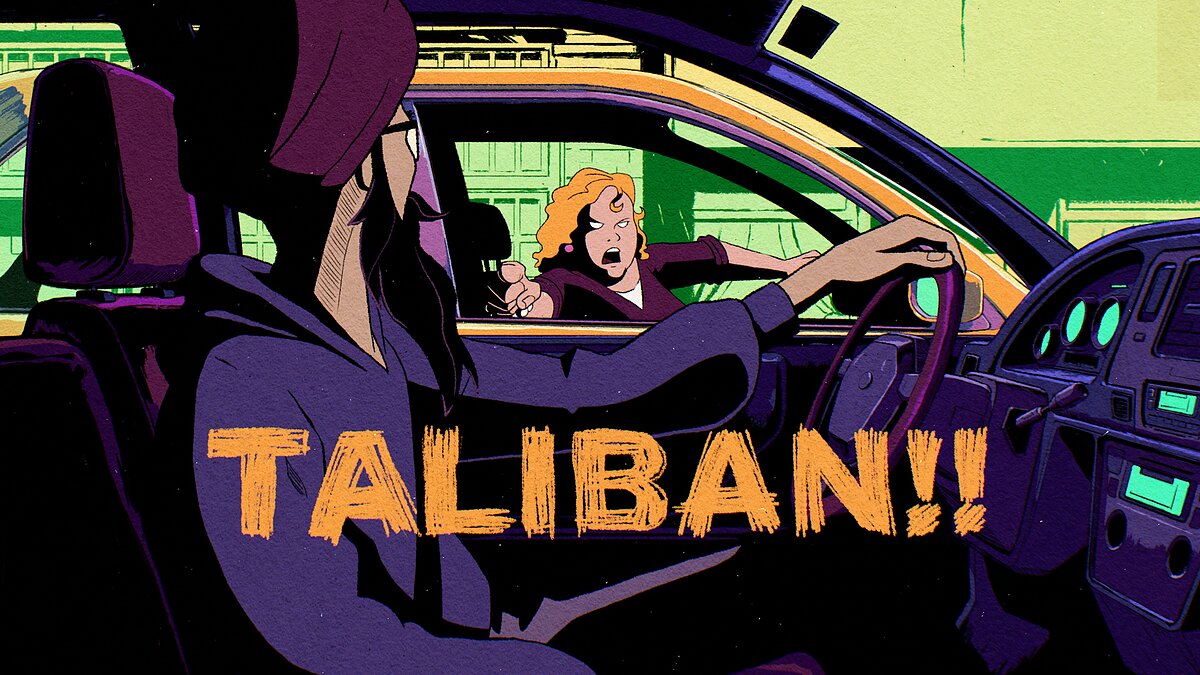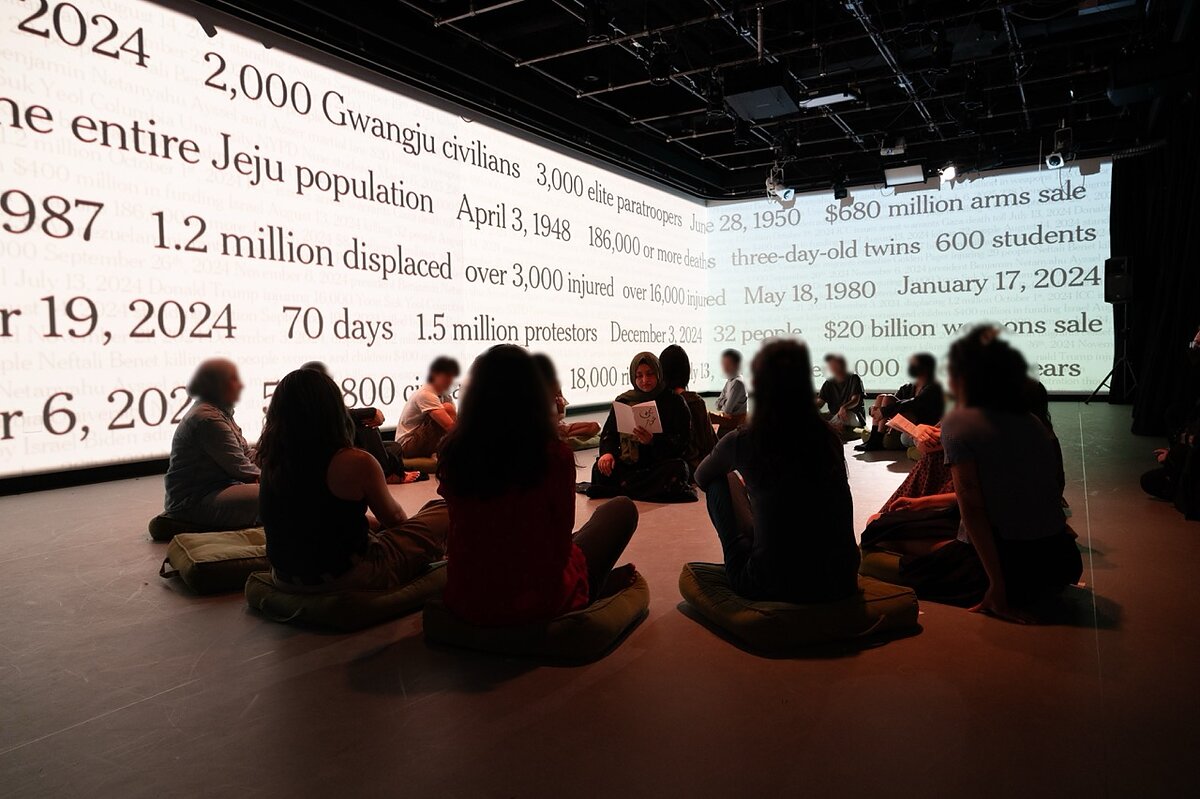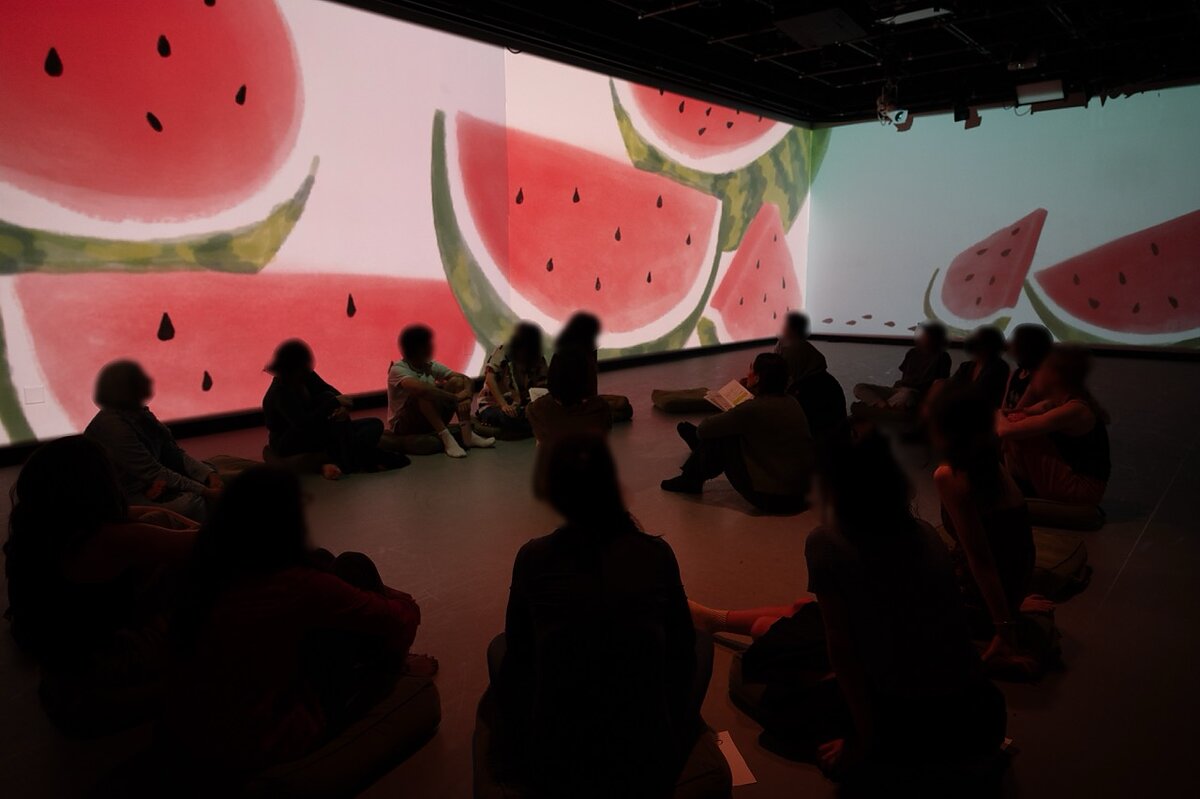AAPI Artists On American Wars
From Japanese internment during WWII to the brutality of the Indochina Wars to the Islamophobia that rippled from the “War on Terror,” US wars and their legacies have been central to the formation of Asian American identity. In the words of author Viet Thanh Nguyen: “These roles that we play, and the contradictions they represent, aren’t going anywhere. As long as the United States remains committed to aggressive capitalism domestically and aggressive militarism internationally, Asians and Asian Americans will continue to be scapegoats who embody threat and aspiration, an inhuman ‘yellow peril’ and a superhuman model minority.”
As the US continues to lead military action abroad (and observing the irony of our own nation’s “Independence” Day), we are taking time to revisit Amp articles that consider how our identity continues to be shaped by these foreign policies and engagements.
July 24, 2023
In her review of Tuan Andrew Nguyen’s 2023 New Museum exhibition, “Radiant Remembrace,” writer, researcher, and teacher Jacinda Tran reflects on how the artist excavates hope from violence and tragedy.
She writes: “At the foot of the staircase, a large M117 bomb dropped from a U.S. B-52 plane has been fastened to wooden beams reminiscent of Vietnamese pagodas, composing Unexploded Resonance (2022). As a bell tuned to 432hz—a frequency believed to potentially heal trauma—Unexploded Resonance, like the other mobiles, has been endowed with new life by Nguyen, who has repurposed war projectiles and munitions into works of art and instruments of repair. In suspension, they remain untouchable and unsoundable in the museum, vibrant objects brimming with dormant potentiality.”
December 8, 2023
Artist and writer Rachel TonThat reflects on the legacy of US wars for Vietnamese Americans through the work of artists like Viet Thanh Nguyen, An-My Lê, Cathy Linh Che, and Christopher Radcliffe.
“By controlling what is remembered about war, the myths of war are allowed to live on,” writes TonThat. “To be American is to live with that perpetual, nerve-jangling feeling that a new conflict, or worse, a new war is imminent: Gaza, Ukraine, and Afghanistan, to name just a few over the last three years.”
July 4, 2024
Written in the years following the tragic suicide of Private Danny Chen in 2011, “An American Soldier” is an opera scored by Huang Ruo with a libretto by David Henry Hwang that accounts for the distinctly American conditions that led to Chen’s death. In 2024, the production returned to the stage at the Perelman Performing Arts Center—just a few blocks from Chinatown, where Chen grew up.
Private Danny Chen and activist William Chan have a lot in common, both being Chinese Americans from New York City’s Chinatown who enlisted in the US army and were deployed to South West Asia after 9/11. Like Chen, as a young man in the early ‘00s, Chan struggled in his search for belonging and looked to the Army as a place to prove his worth.
He writes: “Like Chen, I wanted to fit in and belong in America…Like Chen, I was ultimately betrayed by those pursuits. I was lucky enough to survive…America isn’t well and needs more from us…Instead of finding a spot in a violent and oppressive hierarchy, we should help evolve this country to be more just for everyone.”
September 11, 2024
Not all heroes wear capes—but cartoonist, author, and activist Vishavjit Singh does, along with a turban, beard, and a Captain America costume shipped from Hong Kong. Motivated by the sustained Islamophobia that persisted in the wake of 9/11 (as well as the popularity of the Captain America film franchise), it was twelve years ago that Singh first appeared on the streets of New York City dressed as a Sikh Captain America.
In 2023, Singh revealed the man behind the hero costume in the animated short film, American Sikh. Directed by Ryan Westra and Singh in collaboration with Studio Showoff, American Sikh is Singh’s own hero origin story. Born in Washington DC, Singh moved to India with his family as a boy only to narrowly escape a 1984 genocidal massacre that saw thousands of Sikhs murdered. After high school, Singh returned to the US to attend UC Santa Barbara and UC Berkeley before moving back to the east coast. By then, it was 2000—mere months before 9/11. The film, which premiered at Tribeca Film Festival and has received numerous prizes and accolades, has been released on Youtube ahead of the 23rd anniversary of 9/11 with an accompanying lesson plan. The Amp’s editor, Shannon Lee spoke with Singh about American Sikh, the legacy of 9/11, and how Singh’s Captain America has evolved in meaning over the years.
“Captain America in my mind is someone who is going to push us to have these difficult conversations about whether we are justified in killing innocent people in the name of fighting terrorism,” said Singh.
May 20, 2025
Part fairy tale, part documentary, “Watermelon Boy” is an immersive multimedia production that roots itself in the common myth of a watermelon growing in one’s belly upon eating its seed—from it emerges a potent metaphor for resistance and anti-colonial solidarity from within. Co-devised by Ghina Fawaz, Chaesong Kim, and Anuka Sethi, the play reflects on their respective backgrounds as Arab, Korean, and Indian artists as Fawaz, Kim, and Sethi call on shared legacies of colonialism and oppression: footage from the Gaza solidarity encampments is shown alongside the 1980 student uprising in Gwangju, Korea and references to Kashmir.
Developed at the Barnard Movement Lab, the in-progress play takes its site as a critical point of perspective as Columbia University continues its relentless crackdown on pro-Palestinian activism and speech, complying with Trump administration orders to send Immigration and Customs Enforcement agents to arrest, detain, and threaten to deport student activists like Mohsen Mahdawi and Mahmoud Khalil. Interspersed within the play’s fictional and historical narratives are news headlines, updated to the moment of the show.
The Amp’s editor, Shannon Lee spoke with Fawaz to discuss the slipperiness of capturing history in real time, the influence of David Henry Hwang, and how art is a powerful force for resistance. “When you look back in history, it’s the art that people remember and look at to understand what people were saying and feeling at the time,” said Fawaz.
